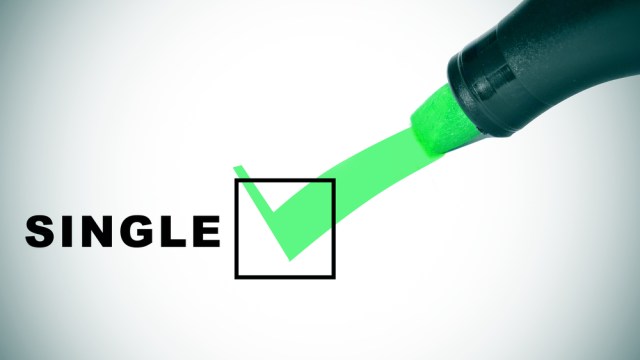Duolingo’s Luis von Ahn on Making Language Lessons Available to Everyone

According to Duolingo co-founder and CEO Luis von Ahn, 2/3 of the world’s language learners satisfy the following three conditions:
-They are learning English
-They hope to use the skill to pursue a (better) job
-They are of a low socio-economic status
That means that 800 million poor people around the world are trying to learn English to better themselves and improve their economic conditions. Von Ahn therefore finds it ironic that most available methods for learning languages are prohibitively expensive, an example being Rosetta Stone, which can run up to $1000. This is why when von Ahn decided to found Duolingo, his goal was to make the service 100% free. While such an aim lacks little in the department of altruistic ambition, it doesn’t quite read as the businesses model for a sustainable company. To keep Duolingo free, von Ahn and his co-founder Severin Hacker needed to find a way to finance it.
Von Ahn drew the solution from an idea he had as a kid:
“I wanted to have a gym where it was free to go to the gym. It’s a free gym, but all the exercise equipment was connected to the power grid and people, when they went there as they exercise, they would generate electricity that the gym would sell to the power grid. So that’s why it was free. We wouldn’t charge people but we would make money by selling electricity to the electric company.”
Although Von Ahn later learned that selling human-powered energy to sustain a gym wasn’t anywhere near feasible, he knew that sustaining a business model like Duolingo’s depended on the company’s ability to extract value from its users. It’s really not all that different of a concept from how Facebook makes money by selling your personal data. Duolingo instead makes its money through selling your translations:
“What we do with Duolingo, the way we finance Duolingo is that whenever we teach somebody a lesson, so we may teach them about food words in a given language, at the end, once we’ve taught them about it we say hey, if you want to practice what you just learned with something from the real world, here’s this document that has never been translated before that is in the language that you’re learning. Can you help us translate it to your native language? And then we sell that translation.”
Duolingo’s clients include CNN, who you can imagine has a ton of media they’d love to be able to get out to diverse audiences. Duolingo language learners are given the option to translate a CNN story as practice. After receiving multiple translations, the users then vote for the best one to be sent back to CNN.
In just under three years, Duolingo has grown to over 42 million users, making it the most popular language-learning service in the world. More Americans are currently learning through Duolingo than are enrolled in language courses throughout the entire U.S. public school system. And while von Ahn is proud of what he and his team have accomplished, he says they’re not done yet:
“But I think we’re only getting started. I think we’re nowhere near as good as I want to be. I think we should be able to teach you a language three, four times more effectively than we do in terms of time it takes to learn it. And so we’re going to be working on that on really making it so that we are your one-on-one tutor but it’s a computer one-on-one tutor and I think we’ll be able to do it.”
For more on Duolingo, watch this clip from Luis von Ahn’s Big Think interview:





